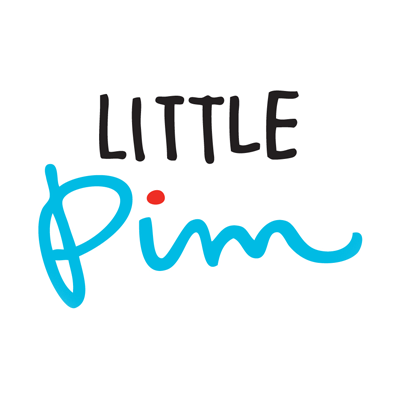Here at Little Pim, we’re well versed in the benefits of foreign language learning. We know just how important it is for a child’s early development, the advantages multilinguals have in reading, math and social skills, and how it improves memory overall. Journalist Claudia Dreifus’s excellent interview with Dr. Ellen Bialystok serves as a good reminder of just how critical language learning can be for young minds. Printed in the New York Times Science section this week, Dr. Bialystok’s interview is currently the most emailed article on NYTimes.com, and makes for a truly fascinating read.
Dr. Bialystok is a leading psychology professor, whose main academic focus is bilingualism and its effect on language and cognitive development in children. She has received many prestigious awards for her research, including the Killam Prize and the Pimsleur Award for Foreign Language Education (named for my late father, Dr. Paul Pimsleur).
I’ve highlighted a few of Dr. Bialystok’s main points she made in this week’s New York Times piece:
As we did our research, you could see there was a big difference in the way monolingual and bilingual children processed language. We found that if you gave 5- and 6-year-olds language problems to solve, monolingual and bilingual children knew, pretty much, the same amount of language.
But on one question, there was a difference. We asked all the children if a certain illogical sentence was grammatically correct: “Apples grow on noses.” The monolingual children couldn’t answer. They’d say, “That’s silly” and they’d stall. But the bilingual children would say, in their own words, “It’s silly, but it’s grammatically correct.” The bilinguals, we found, manifested a cognitive system with the ability to attend to important information and ignore the less important.
…There’s a system in your brain, the executive control system. It’s a general manager. Its job is to keep you focused on what is relevant, while ignoring distractions. It’s what makes it possible for you to hold two different things in your mind at one time and switch between them.
If you have two languages and you use them regularly, the way the brain’s networks work is that every time you speak, both languages pop up and the executive control system has to sort through everything and attend to what’s relevant in the moment. Therefore the bilinguals use that system more, and it’s that regular use that makes that system more efficient.
Q. One would think bilingualism might help with multitasking — does it?
A. Yes, multitasking is one of the things the executive control system handles. We wondered, “Are bilinguals better at multitasking?” So we put monolinguals and bilinguals into a driving simulator. Through headphones, we gave them extra tasks to do — as if they were driving and talking on cellphones. We then measured how much worse their driving got. Now, everybody’s driving got worse. But the bilinguals, their driving didn’t drop as much. Because adding on another task while trying to concentrate on a driving problem, that’s what bilingualism gives you — though I wouldn’t advise doing this.
Not convinced yet? There is more!
On average, the bilinguals showed Alzheimer’s symptoms five or six years later than those who spoke only one language.”
You can read the piece in its entirety here:
http://www.nytimes.com/2011/05/31/science/31conversation.html
I also recommend Dr. Bialystok’s “Language Processing in Bilingual Children” if you’re interested in delving into her research, which covers many of her discoveries in more depth:
Little Pim parents are always telling me of the benefits of foreign language learning for their children – benefits that extend beyond the obvious ability to communicate in another language. I’d love to hear your thoughts and observations about how introducing your child to another language has affected their early development. I know that my son had an easier time recognizing “big words” in English because he could recognize the French root in words like “chagrin” (which means sad in French) or “collage” (from the French word colle, which means glue). He is also accustomed to absorbing vocabulary words, which has improved his concentration and ability to stick with challenging mental tasks. What have you seen in your kids?

